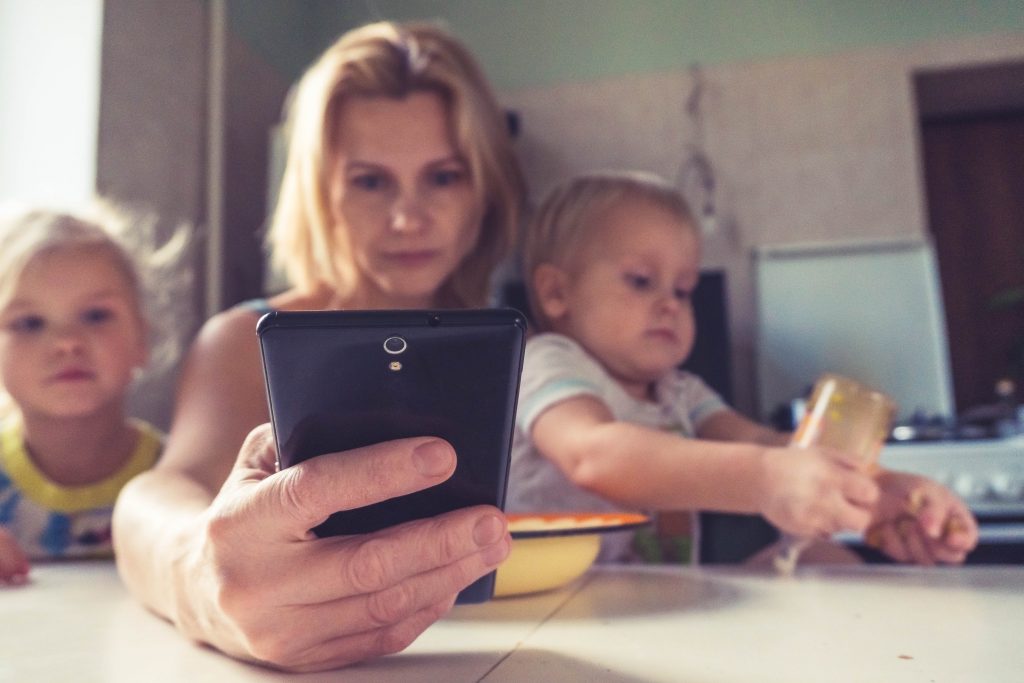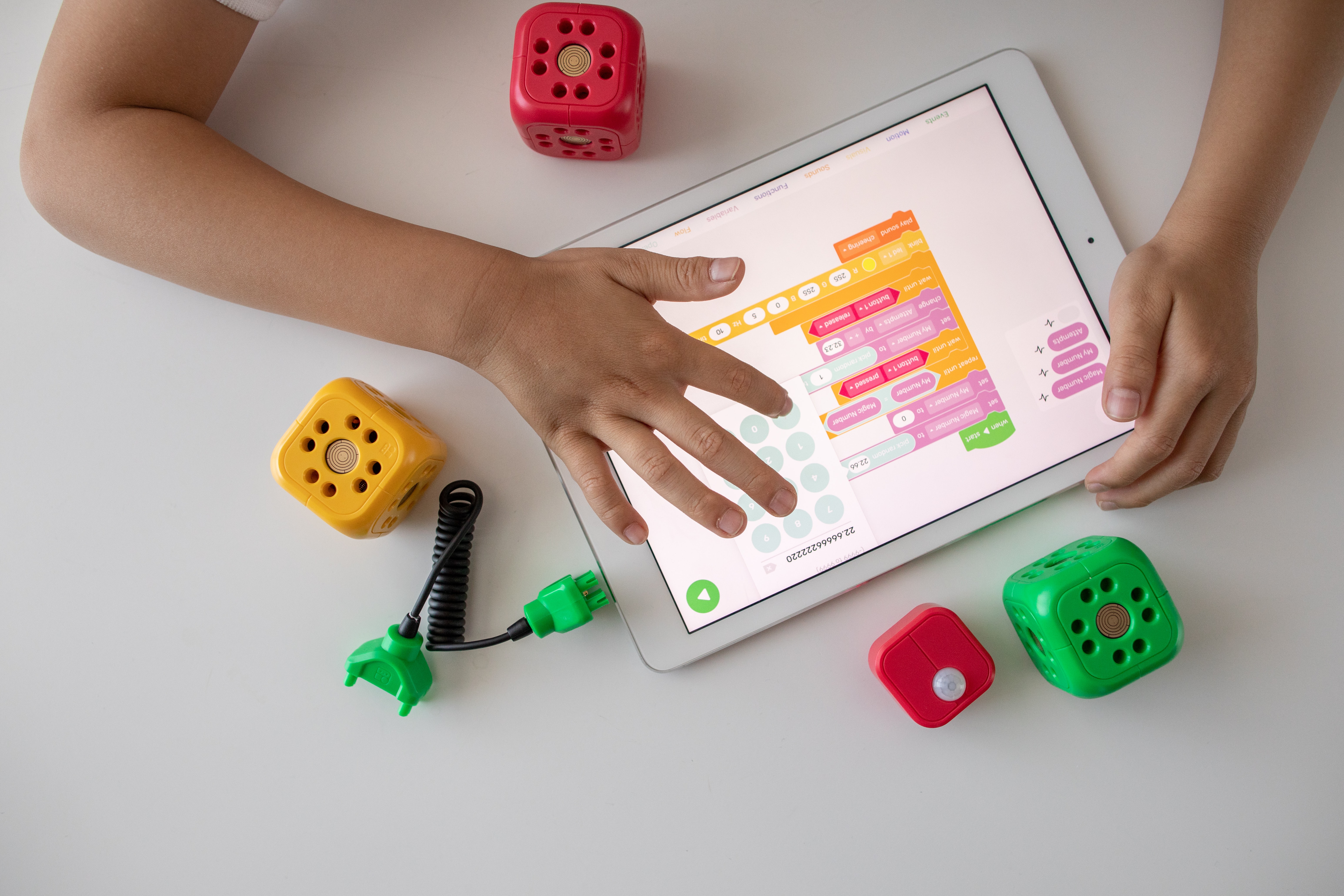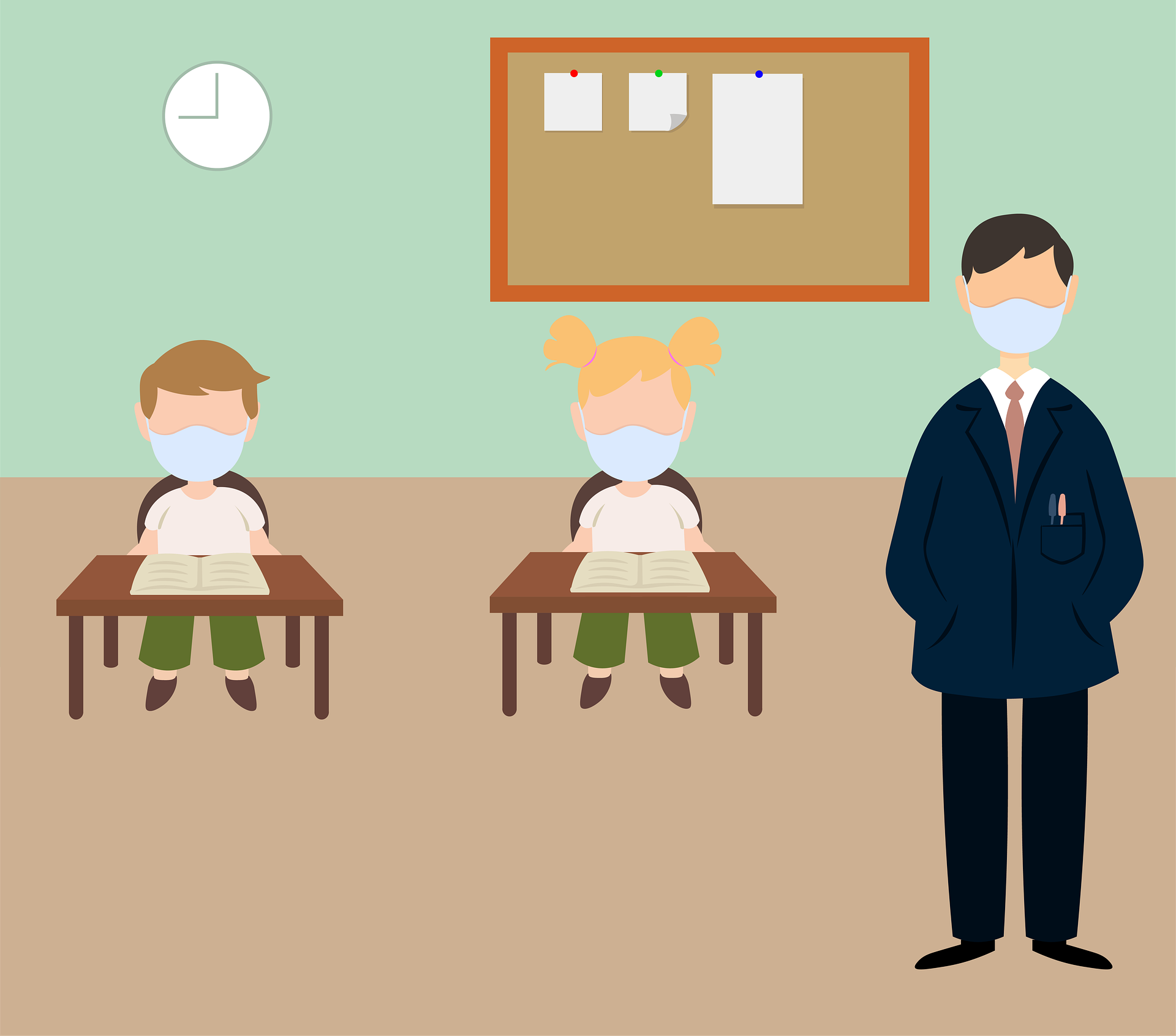In a previous Blog I talked about the ‘haves’ and ‘have-nots’ in relation to the issue of school uniforms.
Another potent issue has arisen too during the past 12 months: The Digital Divide and its impact on our learners.
This is not a ‘binary’ problem, where all the ‘haves’ own (and have access to), all of the devices and connectivity and the ‘have-nots’ have nothing. Rather it is a continuum starting from the very enabled and ending with the least enabled. And it’s a problem. The problematic aspect of the situation has been characterised as ‘Digital Exclusion’, and it affects, mainly, those students from socially disadvantaged backgrounds.

Of course, students in remote areas suffer from a lack of connectivity, but we’re talking here about the ‘perfect storm’ of the socio-economic digital divide. We need to remember that the Corona virus lock-down, and subsequent ‘Home-Learning’ scenario came at us very suddenly and with limited warning. We didn’t have time to prepare or plan; to adjust and ‘grow-used-to’, a so-called ‘new normal’. Many less fortunate, poorer students, were left ‘fixed’ in a position resembling a modern-day Pompeii, buried in the aftermath of a cataclysmic event, with only the students of wealthier means having access to the high ground of relative safety.
Of course, there were those fortunate students who adapted quickly. They had devices, a good internet connection and access to teachers, mentors, and willing, able parents.
The flip side of this is one which I am personally familiar. I work with many School Leaders and often get to hear about school life with its trials, tribulations, challenges and celebrations.
One anecdote which struck me as poignant and pertinent, involved a single mother of three children. She had a pay-as-you-go phone with three children all at Primary School. At the time, the pupils of the school were being (partially) educated via the See-Saw app which the mother admitted she did not understand. She, and her kids were part of the digitally excluded, and therefore also the educationally excluded. A ‘gap’ was beginning to form which would see these children fall behind their peers.

Only some heroic actions from the school involving dropping off and collecting ‘paper-based learning packs’ plugged the gap until devices and access were put (eventually) in place by the school itself. You can only imagine the extent and impact of similar scenarios across the country.
Things over time seem to have improved with schools (encouraged and enabled by the Minister of Education) ‘lending’ devices and working more closely with individual families to meet their needs.
More recently the Department acknowledged the deficit and put some mitigations in place.
“The Department is conscious that all pupils do not have the same levels of home support nor do all households have the same level of access to resources, particularly internet connection and devices such as tablets and laptops. Consideration should be given at all times to ensuring availability of resources for pupils without ready online access, including through distribution of hard-copy versions. The Department’s scheme to provide IT devices and WIFI access (vouchers or MiFi devices) to our educationally disadvantaged and vulnerable learners has provided over 11,000 devices to date”. January 4th 2021.
However, as time goes by and schools are left potentially with an uncertain schedule of opening and closing, there needs to be a more holistic view taken by government in order to fully equip and connect our learners wherever they are. A broad, strategic view which includes other ‘digitally excluded’ sections of our society beyond our students. Many adults and ‘elderly’ are adrift from the paradigm of an online life. The outcasts of a ‘digital democracy’ where people take for granted other ‘utilities’ such as electricity and water. Things ‘necessary’ to a citizen in a modern society.
The model Scottish National Party (SNP) is proposing seems to resemble my thoughts. Under the new programme, every school pupil in Scotland will be provided with an age appropriate laptop, Chromebook or tablet for use in school and at home – with each coming with a free internet connection. The £350 million scheme will also provide technical support and training for teachers.

Within the scheme, councils will be funded to improve schools’ electronic infrastructure, such as networking within schools and internet bandwidth’.
Deputy First Minister John Swinney commented:
“Covid has reinforced the need to break down the barriers to learning. A child cannot do their homework on mum or dad’s phone. And they cannot study online if they can’t connect to the internet. These tools are no longer luxuries. They are the basic building blocks of a good education. It is time now to recognise that. And, because education is about levelling up, it must be done for everyone. Rich and poor alike. Just as in my day, the teacher handed out a jotter to all, so in this internet age, we will hand each child the device they need to learn and prosper.”
Here in Northern Ireland, we’re not hearing this strategic thinking from the government. And we should be. The normal school day provides an equitable setting, where pupils are not any less or more digitally divided than each other. All have the same access to the technology and teaching and learning. With lockdowns and school closures the order of the past, and looking uncertainly ahead, the usual methods of ‘levelling-up’ and ‘catching-up’ are lost to many learners. The ‘homework clubs’ and ‘after school clubs’, the Parent-Teacher meetings and interaction with peers are largely stalled but still yearned for.
The damage to individuals and our education system is still unquantified, but I think it’s safe to assume that when the ‘old normal’ returns, the adjustment will take a while, and involve patience, professionalism and an appreciation of the new ‘new-normal’.


